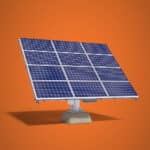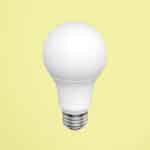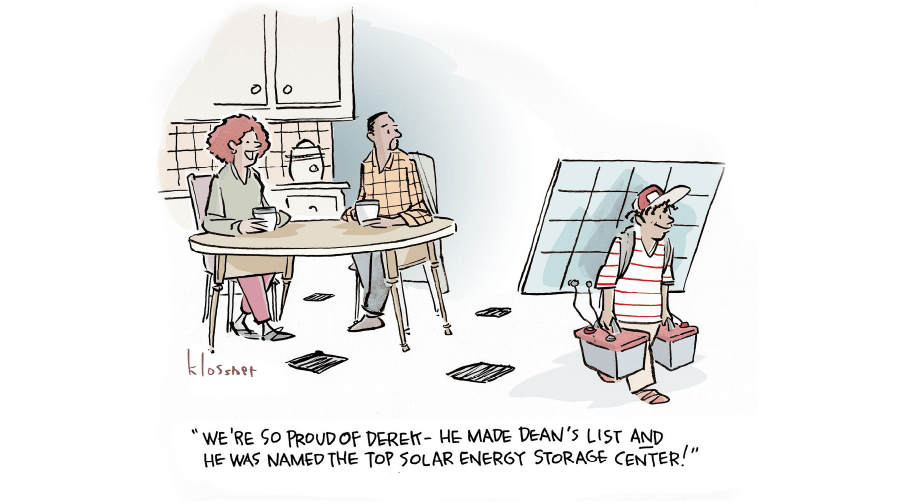Home Battery Storage Guide
A battery backup for your home is a key element for clean energy, helping save money and providing a sense of security for your home. In this guide, learn about battery storage and find out if it is right for you.
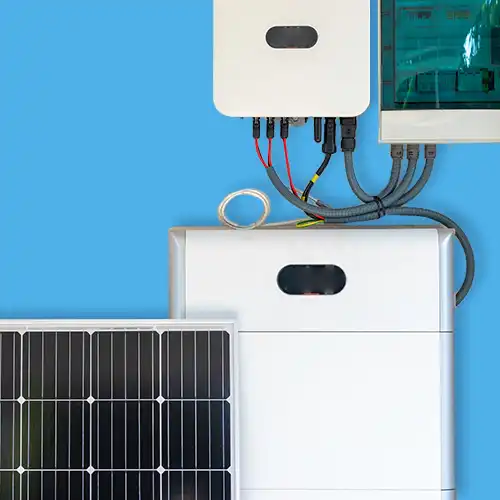
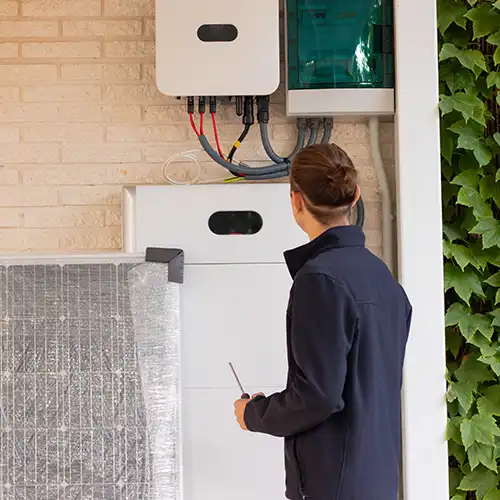
What is Home Backup Battery Storage?
Home backup batteries are cleaner alternatives to gas generators, allowing energy to be stored for later use. For example, batteries can provide a reliable source of energy amidst power outages during severe weather. Like all batteries, there is a maximum amount of possible energy storage and they slowly lose charge even if unused. It is also important to note that batteries only store energy and do not produce it. Therefore, home backup battery storage systems pair well with a clean energy generation source, like roof solar panels.
Learn more about solar panels in our Home Solar Guide.
Benefits of Battery Storage
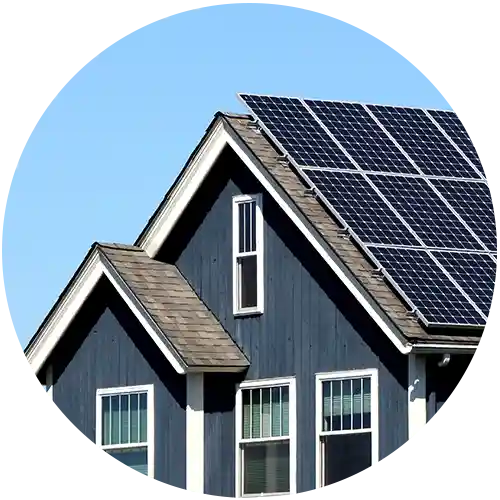
Independence from the Grid
Avoid blackouts if your local electrical grid goes down or is proactively shut off.

Protection from Rising Electricity Rates
Store electricity at low rates and use it when rates increase.
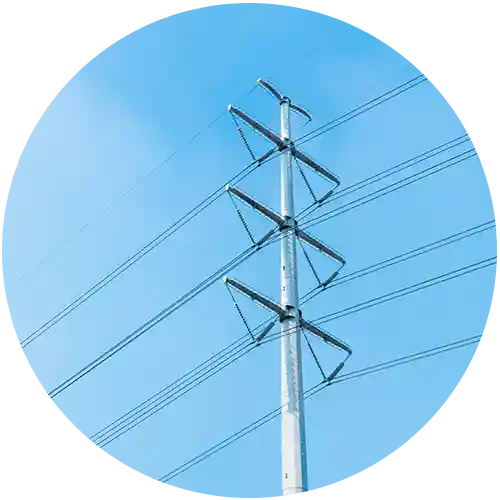
Sell Energy Back to the Grid
Make money by giving excess energy to the grid.

Consistent Power
Power is available at all times of the day and in different weather conditions.
Solar Battery Storage: How It Works
Installing a battery storage system is a great investment if you already have home solar panels. The battery can store excess energy generated from the panels to maximize efficiency.
Here is how it works:
Solar panels capture energy from the sun to be used as electricity. This is direct current (DC) electricity.
DC electricity is converted into alternating current (AC) electricity through an inverter. AC electricity is the type of electricity that powers homes.
Any excess electricity from the solar panels that is not used will be stored in the battery.
The energy from the battery is then used to power your home or car during times when solar panels cannot (when it is dark) or during a power outage.
Is Battery Storage Right for You?
While there are many benefits to installing a battery storage system, it might not be the right choice for everyone. If any of the following criteria apply to you, battery storage will be most beneficial:
Homeowners: Homeowners will have a much easier time installing the required system as it best fits their home and lifestyle. While it is possible to take advantage of battery storage as a renter, the property owner is who ultimately decides whether to install the system. To learn more about home batteries for renters, click here.
Solar Panel Owners: Battery storage systems are most effective when paired with solar panels. To maximize your battery’s benefits, it’s best to use it with a connected solar array.
Businesses: Businesses with larger-scale battery storage systems can also benefit much the same as homeowners and can experience similar returns on the investment.
Homes without net metering: Net metering sends excess energy from your solar panels back to the electric grid. Homes with access to net metering will be credited for the excess energy they produce, providing similar monetary benefits without purchasing and installing a battery storage system. If you don’t have net metering, batteries are a great way to store that extra energy. Check your electricity bill to find out if your home has net metering.
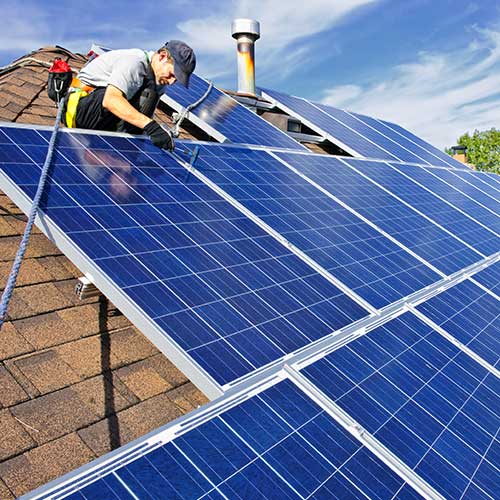
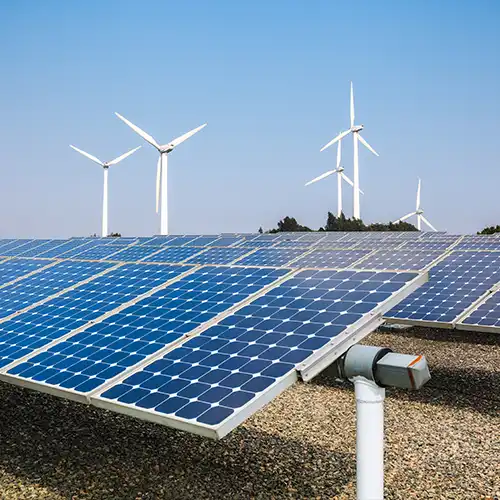
Other Applications
Get inspired and learn more about battery storage by reading our blog posts!
Building Resilience in Central North Carolina: A Community-Centered Approach
Solar and storage can help hospitals save money, and lives
Is battery storage ready for prime time?




